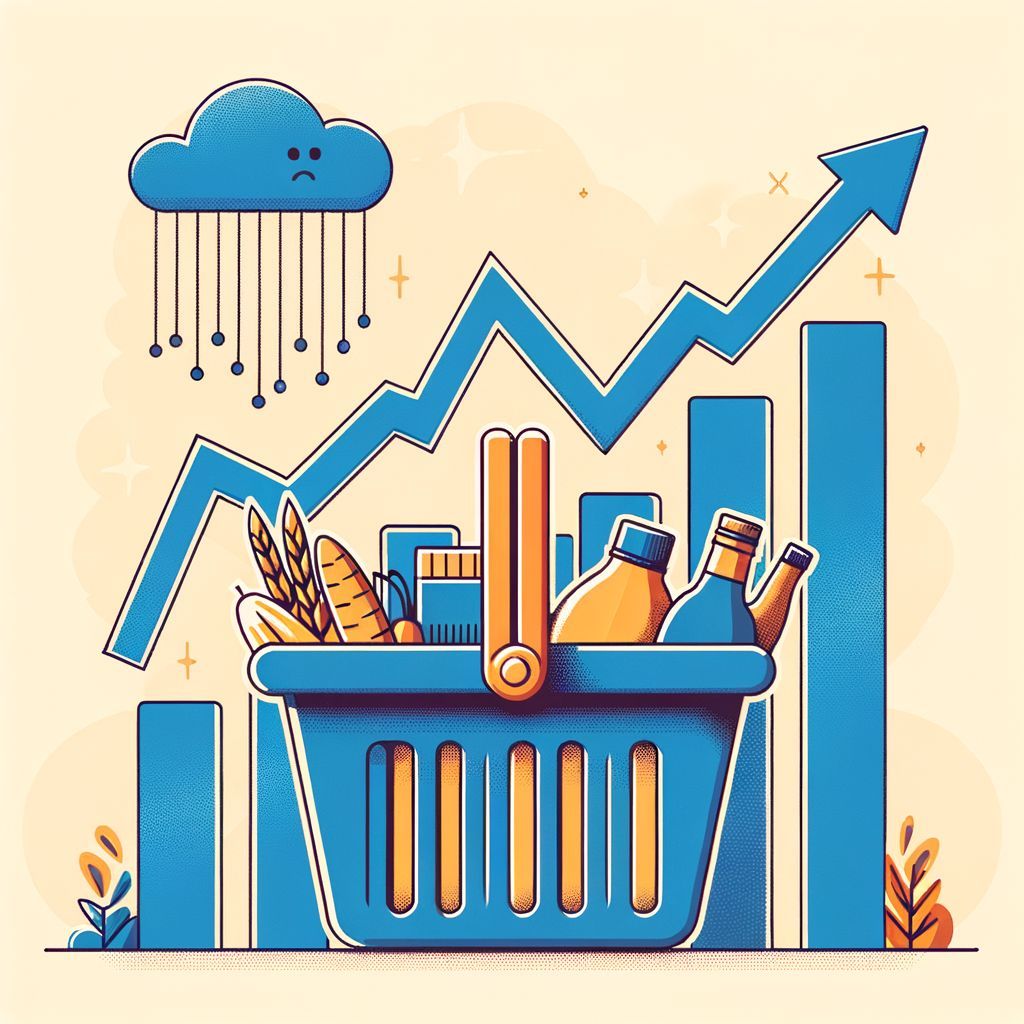

Image by DALL·E Pic: Midjourney
Editors' Note: Many Fast News images are stylised illustrations generated by Dall-E. Photorealism is not intended. View as early and evolving AI art!

Spending's slight rise seen,
Essentials take the lead,
Consumers tread lean.

Commbank's Household Spending Index sees marginal rise in May amid weak consumer environment
The CommBank Household Spending Insights Index (HSI) recorded a slight increase of 1.1 per cent in May, reaching 150.2, following a 1.0 per cent drop in April.
Despite the rise in May, consumer spending growth has averaged just 0.1 per cent per month since January 2024, indicating a weak consumer environment.
Nine of the 12 HSI spending categories saw an increase in May. The largest increases were observed in Household Goods (+2.3 per cent), Food and Beverage Goods (+1.8 per cent), Hospitality (+1.7 per cent), and Transport (+1.3 per cent).
However, the year to May 2024 saw the HSI Index increase by 4.3 per cent, driven by essential spending categories that have recorded price increases over the year. These include Insurance (+8.6 per cent), Utilities (+7.1 per cent), Transport (+6.1 per cent), and Education (+6.0 per cent).
Commonwealth Bank Australia (CBA) Senior Economist, Belinda Allen, said despite a rise in spending in May, the consumer environment remains soft.
“Spending in May bounced back from April which continued the spending volatility we have seen throughout the year. When looking at spending trends since January however, we can see that the consumer spending environment remains muted, having risen by just 0.1 per cent per month on average since January and driven in large part by spending on essential categories like insurance, utilities and transport. This suggests that consumers are still needing to make spending choices and are prioritising essential purchases,” Allen said.
“It is unlikely tax cuts commencing in the third quarter of 2024 will have a material impact on consumer spending and we are expecting households to save rather than spend their tax cut. Looking forward, the key for consumption will be growth in real household income, and the first quarter 2024 National Accounts data indicated this remains weak.
“Assuming the labour market loosens and inflation continues to cool, we anticipate the RBA can commence an easing cycle in late 2024. The challenging inflation backdrop and a shift in household spending behaviour are the key risks to this base case.”
Partner Content from Salesforce
A Guide to Personalised Marketing That Keeps Customers Engaged
Customer Service Makes a Strategic Shift for ANZ Organisations










